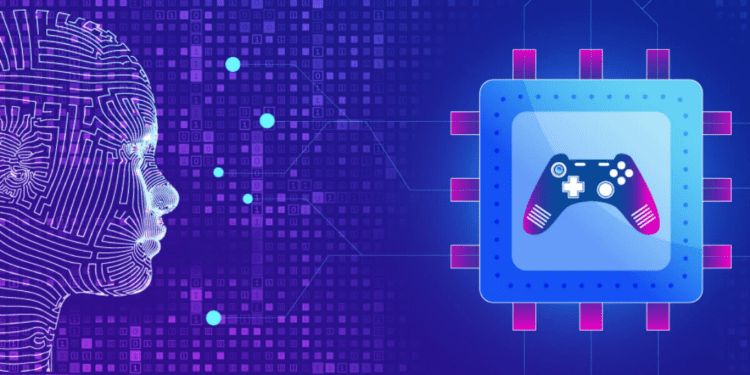- Despite previous market downtrends, July saw a strong rebound with investments reaching $297 million, driven by strategic partnerships and major announcements.
- Infrastructure projects clinched the majority of investments, accounting for 63% or $187 million, while games and metaverse ventures made up the remaining 37%.
- Google plans to introduce web3 gaming on its Play Store, signaling a broader acceptance of blockchain technology, though with certain stipulations.
As of late, the blockchain gaming landscape has seen momentous advancements and considerable financial inflow. The crypto gaming landscape may have felt the cold in January, with investments shrinking to a mere 28% compared to the previous month. Nevertheless, July saw an impressive resurgence with a whopping $297 million in investments. What made this month special was not just the sheer volume of funding but also its allocation and the strategic partnerships that blossomed.
Infrastructure projects, often the backbone of any technological advancement, absorbed a significant 63% ($187 million) of the investments. On the other side of the spectrum, combined investments for games and metaverse ventures stood at $110 million, or 37% of the total funding.
Standout Brands
Within these investments, certain names and numbers stood out. Animoca Brands, a known player in the industry, made a splash with a $30 million investment in hi. This firm gained significant traction in 2022 with its groundbreaking NFT avatar-customized debit card. Yet, Animoca wasn’t done. In collaboration with Yuga Labs, they announced an exciting game with nWay, further solidifying their position in the space.
Moreover, Inworld AI secured a remarkable $50 million funding from Lightspeed Venture Partners, putting their valuation at an impressive $500 million. This AI-driven game character engine creator is set to make waves with its innovative approach. Yet, the crowning jewels of July’s investments were the ones from Valhalla Ventures and Futureverse. With a keen focus on deep tech, gaming startups, and the amalgamation of AI with metaverse technology, these firms are setting the stage for a new age of digital immersion.
Google’s Web3 Embrace
In an unprecedented move, Google announced its plans to introduce web3 gaming into its Play Store. However, this welcoming gesture came with certain stipulations. Developers have been urged to be transparent about NFT incorporations within their games. Moreover, the tech giant has shown disapproval of the play-to-earn model and has cautioned against blending NFTs with loot box mechanisms. Such decisions highlight Google’s commitment to ensuring a safe and transparent environment for its users.
The implication of this embrace is enormous. With mobile gaming being a dominant force in the industry, the integration of web3 games could pave the way for a wider audience to experience blockchain gaming. Google’s move is likely to encourage more gaming studios to delve into NFT explorations and rekindle their interest in creating revolutionary mobile games and apps.
Towards a Blockchain-Integrated Future
The strides made in July and Google’s subsequent policy shift indicate one thing: the blockchain and gaming realms are undergoing a foundational shift. Big names in the industry, like CyberKongz, are already leaning towards platforms like Ronin for their ventures, further emphasizing blockchain’s growing importance in gaming.
Despite the challenges and cyclical fluctuations common to emerging markets, the optimism within the blockchain gaming sphere is palpable. The substantial investments, coupled with the mainstream recognition by giants like Google, highlight the increasing acceptance of blockchain technology.














